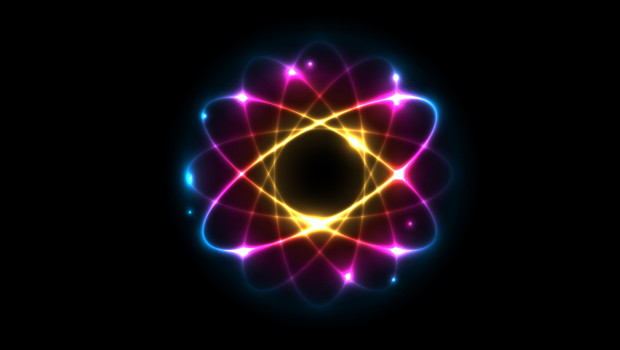The researchers examined a problem solved by Google’s D-Wave computer that involved finding the ground state of an erratically operating magnet called a spin glass. The researchers came up with a model of a hypothetical system that could solve the problem equally as well just using components that operated by the laws of classical physics.
“Based on these results, we conclude that classical models for the D-Wave machine are not ruled out,” the paper stated. In other words, while D-Wave claims its computer is based on quantum mechanics, it is possible that the results it gets can be achieved using only standard classical physics.
Williams said the paper fell short in that it only looked at one case. “There are many other papers that show excellent agreement between our processes and quantum mechanics,” Williams said, referring to numerous published studies that D-Wave and other researchers have published. “All those experimental results cannot possibly be explained by a classical model.”
D-Wave founder and chief technology officer Geordie Rose goes into this argument in more detail on the company’s blog. More information about the performance of D-Wave’s quantum processor has also recently come to light directly from Google.
The Google benchmarks, posted last month, show mixed results, though Google engineers admitted the performance may improve dramatically with future editions of D-Wave’s processors, particularly for severely complex problems.
The D-Wave 2 processor was able to complete some problems much faster than traditional computers. But for other problems, the difference between the two was not as great as expected.
“There are problems for which the classical solver wins or at least achieves similar performance,” a Google blog post on the benchmarks stated. However, it added, “but the inverse is also true. For each classical solver, there are problems for which the [quantum] hardware does much better.”
Google engineers had suggested that performance will improve as D-Wave continues to double the number of qubits on its processors. A qubit, or quantum bit, is the basic unit of information for quantum computing. Unlike a regular binary bit, a qubit is able to hold two states at a single time, an effect called superposition that could be a key element to powerful quantum computers.
Currently Google uses the 512-qubit D-Wave processor, but D-Wave plans to introduce a 1,024-qubit model this year, and a 1,024-qubit processor in 2015.
Joab Jackson, IDG News Service







Subscribers 0
Fans 0
Followers 0
Followers